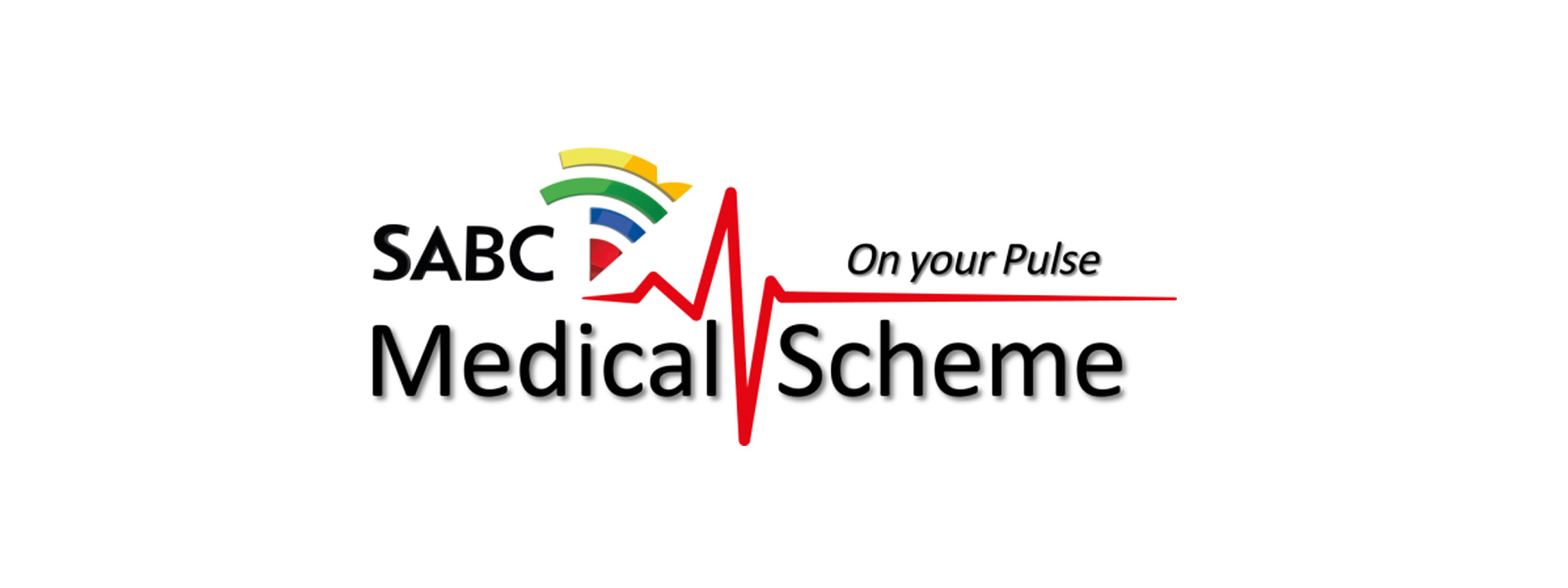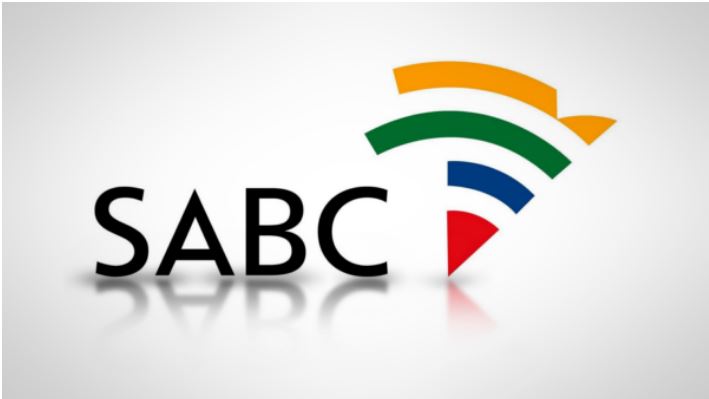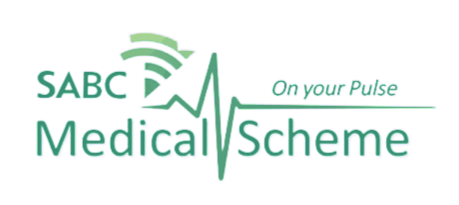Will your medical aid legally provide the full 21 days of inpatient detoxification and rehabilitation you may need this year?
Medical Aid Covers 21 Days Of Inpatient Rehab

- Prescribed Minimum Benefits (PMBs): Because addiction is accepted as an illness and not a moral failing, alcohol and drug rehabilitation fall under Prescribed Minimum Benefits. This means that SABC medical aid is legally required to offer 21 days of inpatient detoxification and rehabilitation per year.
- Inpatient Treatment: SABC medical aid covers a large portion of the total cost of 21 days of inpatient treatment at an accredited treatment centre.
- Outpatient Treatment: Some SABC plans may cover outpatient treatment, such as therapy sessions, support groups, and medication management.
- Co-payments: You may be responsible for a co-payment or a percentage of the treatment costs out of pocket, even if your plan covers the treatment.
- Annual/Lifetime Limits: There are maximum yearly financial limits on addiction treatment coverage per year.
Because addiction is recognised as a brain disease by the world’s leading medical authorities, the SABC Medical Aid Pays for Addiction Rehabilitation.
 The SABC Medical Aid is relatively small with a total of 8172 beneficiaries in 2024, but is still a leader in healthcare provision in South Africa. In modern South Africa, the levels of addiction are high. The ramifications of addiction pose a significant challenge to individuals and communities alike. SABC Medical Aid offers a range of options designed to meet the diverse health needs of its members.
The SABC Medical Aid is relatively small with a total of 8172 beneficiaries in 2024, but is still a leader in healthcare provision in South Africa. In modern South Africa, the levels of addiction are high. The ramifications of addiction pose a significant challenge to individuals and communities alike. SABC Medical Aid offers a range of options designed to meet the diverse health needs of its members.
The Authorisation Process
- Pre-authorisation: SABC medical aid plans require pre-authorisation for addiction treatment. This involves providing Changes Addiction Rehab with your medical aid details and we’ll give the call centre our pratice numbers and the ICD10- codes for your specific addiction. There is no need to see your doctor or have an assessment by a specialist.
- Mental Health Programme: It’s crucial to choose a treatment centre that has a solid co-morbidity programme. Around 37% of alcohol abusers and 53% of drug abusers have co-existing mental illness disorders. The likelihood of a positive outcome from addiction rehabilitation is reduced if this is not addressed.
Does SABC Medical Aid Cover Rehabilitation?
SABC Medical Aid recognizes the complex nature of addiction—be it to substances, alcohol, or behaviours—and the critical need for comprehensive treatment options. The scheme offers coverage encompassing inpatient and outpatient rehabilitation services, understanding that recovery paths differ for each individual.
 Coverage typically includes a variety of therapeutic interventions, such as cognitive-behavioural therapy (CBT), motivational interviewing, family counselling, and medically supervised detoxification. However, the specifics of this coverage, including the duration and scope of treatment, may vary depending on the member’s chosen plan.
Coverage typically includes a variety of therapeutic interventions, such as cognitive-behavioural therapy (CBT), motivational interviewing, family counselling, and medically supervised detoxification. However, the specifics of this coverage, including the duration and scope of treatment, may vary depending on the member’s chosen plan.
Finding Treatment Centers. Does SABC Medical Aid Cover Rehabilitation?
SABC medical aid partners with a network of accredited rehabilitation centres, but as long as the clinic is licensed, you can choose where you go for treatment. The SABC medical aid’s list of DSP (Designated Service Providers) may not be for you. There are more upmarket options that will cost you a little more of a co-payment.
Your medical aid can provide a list of approved facilities, or call us today to find out exactly what your co-payment will be at 081-444-7000. It’s essential to choose a centre that specialises in addiction treatment and addresses any co-occurring mental health conditions.
Important Notes
Members benefit from access to a network of approved rehabilitation centres, ensuring they receive high-quality care tailored to their specific addiction challenges. While some plans might offer extensive coverage, including longer inpatient stays and access to a broader range of therapies, others may have more defined limits. We will confirm your addiction benefits with your medical aid. Call Changes Addiction Rehab on 081-444-7000 for the most accurate and up-to-date information.
 Limitations may also exist regarding the frequency of covered treatment sessions. The SABC medical aid is quite good at covering inpatient hospital benefits like individual counselling group therapy, and occupational therapy etc.
Limitations may also exist regarding the frequency of covered treatment sessions. The SABC medical aid is quite good at covering inpatient hospital benefits like individual counselling group therapy, and occupational therapy etc.
Accessing Addiction Rehabilitation Benefits
For members seeking to utilize their addiction rehabilitation benefits, the first step involves consulting us to go through the pre-authorisation process. with their primary healthcare provider to discuss the need for specialized treatment. Members should be ready to provide information about their condition and their medical aid details. We will devise and recommend a tailored treatment plan for each individual.
We help SABC Medical Aid members to access their benefits. It’s a really quick and simple process.
Call us today on 081-444-7000






